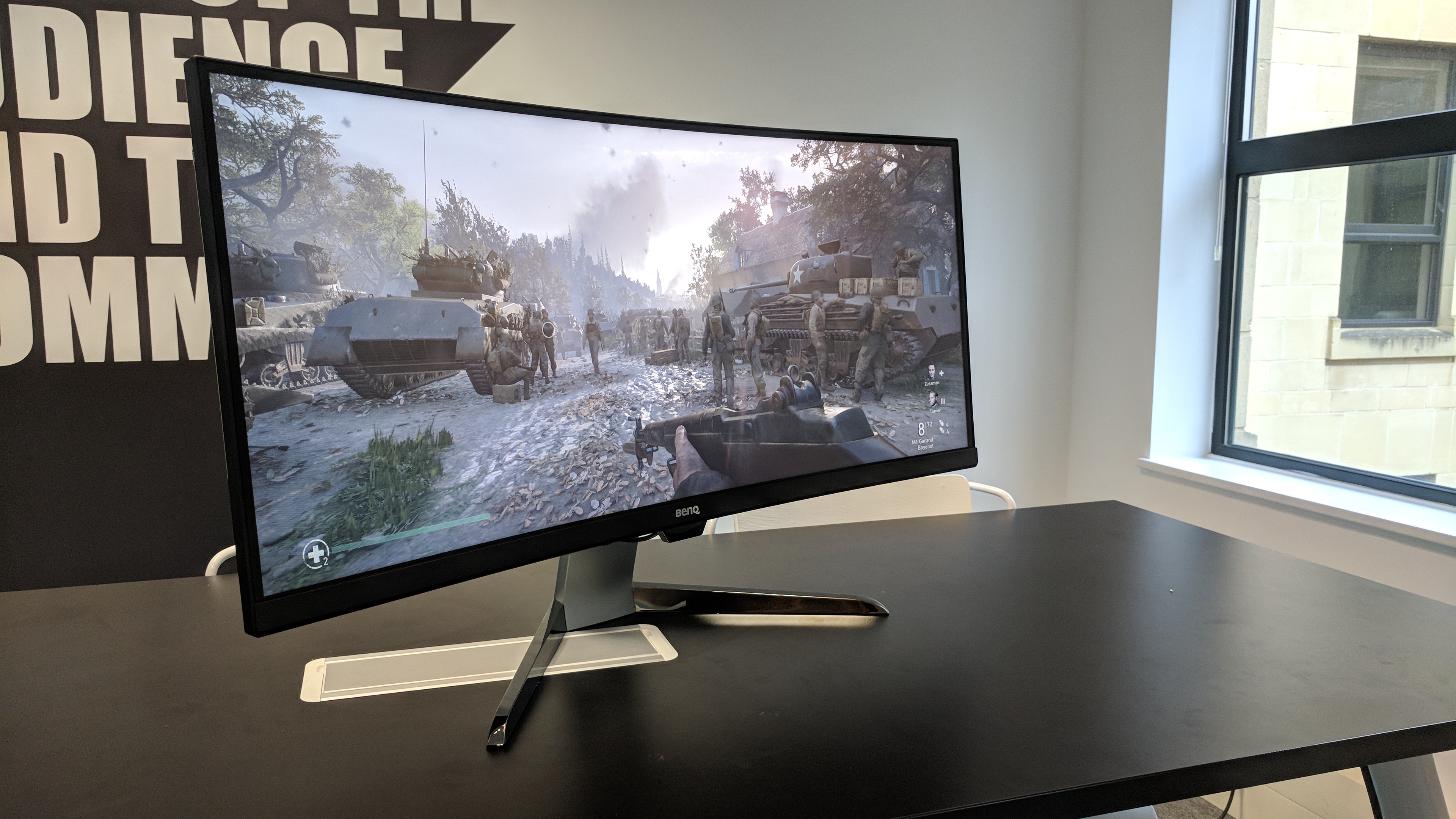Best Widescreen Resolution

So, you're staring at your current screen, feeling like you're peering through a letterbox into the vibrant world of digital content? You're not alone. Upgrading to a widescreen monitor can feel like stepping out of the shadows and into the full glory of movies, games, and even just… spreadsheets.
This guide is tailored for first-time buyers who want to understand the best widescreen resolution without getting bogged down in tech jargon. We'll explore the most common resolutions, compare popular models, and give you the knowledge to make an informed decision.
Why Widescreen Matters
Widescreen monitors offer a more immersive and productive experience compared to traditional displays. The wider aspect ratio allows you to see more of your favorite films and TV shows as the directors intended. Multitasking becomes easier with more screen real estate for multiple windows.
For gamers, the expanded field of view can provide a competitive edge, letting you spot enemies sooner. Even everyday tasks, like writing reports or browsing the web, feel more comfortable with the extra space.
Understanding Widescreen Resolutions
Widescreen resolution refers to the number of pixels displayed horizontally and vertically on your screen. The higher the resolution, the sharper and more detailed the image. Some common widescreen resolutions are 1080p (1920x1080), 1440p (2560x1440), and 4K (3840x2160).
The best resolution for you will depend on your budget, screen size, and intended use. Consider your graphics card capability, as higher resolutions require more processing power.
Top 5 Widescreen Monitors: A Comparison
| Model | Price (USD) | Resolution | Panel Type | Refresh Rate | Warranty |
|---|---|---|---|---|---|
| LG 34WN80C-B | $450 | 3440x1440 | IPS | 60Hz | 1 Year |
| Dell UltraSharp U3421WE | $600 | 3440x1440 | IPS | 60Hz | 3 Years |
| Samsung Odyssey G9 | $1300 | 5120x1440 | QLED | 240Hz | 1 Year |
| ASUS ROG Strix XG349C | $800 | 3440x1440 | IPS | 180Hz | 3 Years |
| Gigabyte M34WQ | $400 | 3440x1440 | IPS | 144Hz | 3 Years |
Detailed Reviews
LG 34WN80C-B
The LG 34WN80C-B is a solid all-rounder, offering a good balance of price and performance. Its IPS panel delivers excellent color accuracy and wide viewing angles. The 60Hz refresh rate might be a limitation for hardcore gamers.
Dell UltraSharp U3421WE
The Dell UltraSharp U3421WE is designed for professionals who value color accuracy and connectivity. It has a built-in USB-C hub, making it easy to connect laptops and other devices. The 3-year warranty provides peace of mind.
Samsung Odyssey G9
The Samsung Odyssey G9 is an ultrawide gaming beast with a 240Hz refresh rate and a curved screen. It's expensive, but it offers an unparalleled level of immersion. Consider it if you have a powerful PC and demand the best gaming experience.
ASUS ROG Strix XG349C
The ASUS ROG Strix XG349C strikes a good balance between gaming and productivity features. With a 180Hz refresh rate and adaptive sync technology, it ensures smooth gameplay. The integrated speakers are a nice bonus.
Gigabyte M34WQ
The Gigabyte M34WQ is a budget-friendly option that doesn't compromise on image quality. Its 144Hz refresh rate is decent for gaming, and the IPS panel provides accurate colors. A great choice for those on a tighter budget.
Used vs. New: Weighing the Options
Buying used can save you money, but it comes with risks. Carefully inspect the monitor for dead pixels, scratches, and backlight bleed. Check the seller's return policy before committing to a purchase.
New monitors offer the peace of mind of a warranty and the assurance of a pristine product. You'll also benefit from the latest technology and features.
If buying used, stick to reputable marketplaces or sellers with good feedback. If buying new, explore your favorite local retailer for open box or clearance options to save money.
Reliability Ratings by Brand
Dell and LG generally have good reliability ratings for their monitors. ASUS and Samsung are also reputable brands, but some users have reported issues with certain models. Gigabyte is a relatively newer player in the monitor market, but their products have received positive reviews for their performance and value.
Always read reviews from multiple sources before making a purchase. This will help you identify any potential issues or common problems with a particular brand or model.
Checklist: 5 Must-Check Features Before Buying
- Resolution: Choose a resolution that matches your screen size and viewing distance.
- Panel Type: IPS panels offer the best color accuracy, while VA panels have better contrast.
- Refresh Rate: A higher refresh rate results in smoother motion, especially for gaming.
- Connectivity: Make sure the monitor has the ports you need, such as HDMI, DisplayPort, and USB.
- Ergonomics: Look for a monitor with adjustable height, tilt, and swivel for comfortable viewing.
Summary: Key Considerations
Choosing the right widescreen resolution involves balancing several factors. Price, intended use, and available desk space all play a role.
Consider the pros and cons of buying used versus new. Research brand reliability and check for key features like resolution, panel type, refresh rate, connectivity and ergonomics.
Ultimately, the best widescreen resolution is the one that fits your needs and budget. By considering all the factors mentioned in this guide, you can make an informed decision and enjoy a more immersive and productive viewing experience.
Ready to Upgrade?
Now that you're armed with the knowledge, take the next step! Browse online retailers, read customer reviews, and compare models based on your specific needs and budget. Don't hesitate to visit a local electronics store to see the monitors in person and get a feel for their size and image quality.
Start your search today and transform your viewing experience!


















